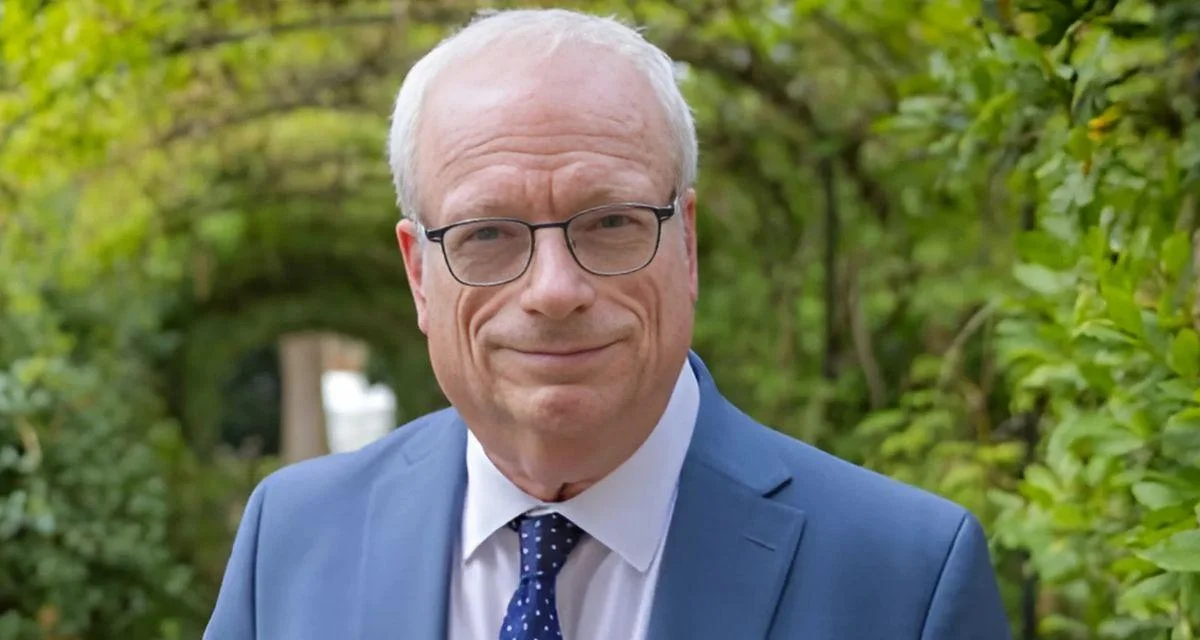The University of Cambridge recently welcomed Daniel Zeichner MP, Farming Minister and local Member of Parliament, to the Sainsbury Laboratory for a tour and discussions with plant science and Agri-Tech researchers.
During his visit, Mr Zeichner observed several research demonstrations highlighting ongoing projects at the laboratory. He met researchers in open-plan office and lab spaces designed to encourage collaboration across disciplines.
Dr Sebastian Schornack and PhD student Nicolas Garcia Hernandez led a demonstration on plant developmental processes. They showed how beetroot pigments are used to visualize fungal colonization in living plant roots under a microscope. This approach allows real-time tracking of how chemicals, soil management practices, and environmental factors affect beneficial relationships between plants and microbes.
Mr Zeichner also visited the microscopy room where Dr Madelaine Bartlett and her colleague Terice Kelly discussed their work on maize flower development. Using a desktop scanning electron microscope, they demonstrated imaging techniques that help study genetics behind specialized flowers in grass and cereal species for future crop improvement.
At the Bee Room, Dr Edwige Moyroud explained how bumble bees are used to identify which petal patterns attract pollinators most effectively. Her team combines experiments, modeling, microscopy, and bee behavior studies to pinpoint genes responsible for these patterns.
Academics from the Department of Plant Sciences and the Crop Science Centre presented research on regenerative agriculture as well as using artificial intelligence (AI) to detect and prevent crop disease. Professor Lynn Dicks shared findings from an ongoing five-year H3 project studying regenerative agriculture with UK farming clusters. The transition has shown improvements in soil health and reductions in chemical use.
Professor Eves-van Den Akker’s team at the Crop Science Centre has developed low-cost 3D-printed imaging machines combined with deep-learning algorithms to analyze millions of measurements from thousands of parasites across hundreds of genotypes. This technology is now being adopted by companies aiming to speed up breeding programs for crops resistant to pests and diseases.
The visit concluded with a discussion about the UK's position in Agri-Tech research. Participants emphasized that both Cambridge and the wider UK remain attractive destinations for international researchers working toward advances with global impact.

